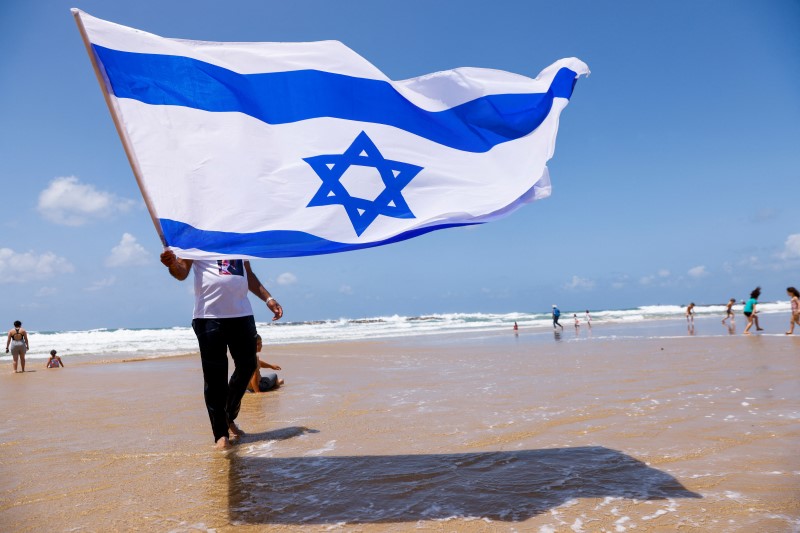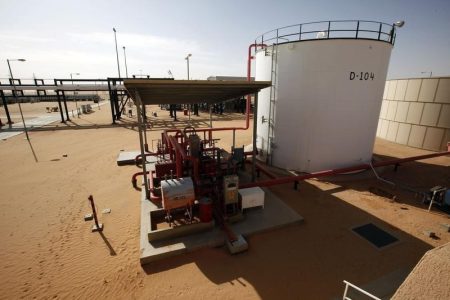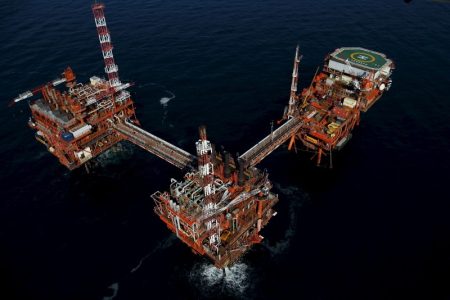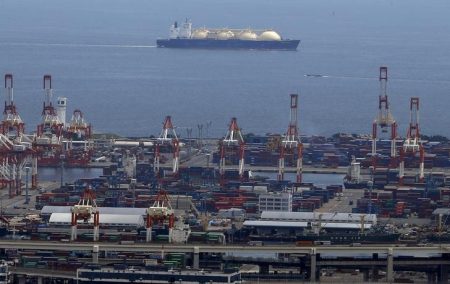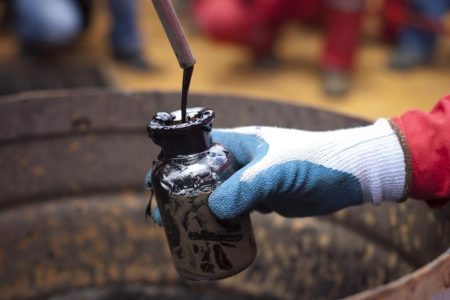Investing.com – Gold settled above the mid $1,800 level on Monday in response to the Israel-Hamas war, but the rally in the safe-haven would depend on how far the crisis expands to impact oil and other global markets, analysts said.
Gold’s most-active contract on New York’s Comex, December, settled up $19.10, or 1%, at $1,864.30 an ounce. At the time of writing, at 15:30 ET (19:30 GMT), the contract scaled at $1,875.85 after a session high of $1,875.85.
The , more closely watched by some traders than futures, was at $1,861.51, up $28.92, or 1.6%, on the day. The session peak was $1,862.26.
Gold hit 7-month lows last week, with futures reaching $1,859.55, while the spot price tumbled to $1,810.47.
Technically, the market’s recovery appears measured despite the Mideast crisis, said Sunil Kumar Dixit, chief technical strategist at SKCharting.com.
“Gold maintains stability above $1,850-$1,855 and seems in no rush to retrace for filling the runaway gap left at $1,832,” said Dixit, referring to the spot price. “Immediate support is seen at $1,845 which if broken, can trigger pull back towards the gap at $1,832. A sustained break above $1,858 will put gold on momentum drive towards next leg higher $1,880 as initial station.”
On Monday, as Hamas rockets continued to rain on Israel’s largest city Tel Aviv and Prime Minister Benjamin Netanyahu vowed to “change the Middle East” with Israel’s war against the Palestine militant group, traders in both oil and gold tried to ascertain the immediate impact of the crisis on the two assets.
In focus, particularly, was the potential impact on Iranian oil supply.
All eyes on Iranian oil supply
Tehran is not only the world’s fifth largest crude exporter but also a vociferous supporter of the Palestine cause — and often initiator of Middle East conflagration.
Iran is tacitly known to be behind Hamas at all times. To reinforce that notion, an adviser to Iranian Supreme Leader Ali Khamenei said Tehran supported the operation against Israel that had reportedly killed some 1,300 people at the time of writing, and led to the abduction of dozens of Israelis by ground forces of the militant group.
John Kilduff, a partner at New York energy hedge fund Again Capital, who has spent two decades analyzing the impact of Middle East geopolitical strife on oil, likened the crisis to the “reset” sought by those hoping for a game changer in the two assets, after a woeful start in October trading.
“How much” of a boon the crisis will be in pushing prices higher — particularly those of oil — will be determined by how severely affected crude production and exports are by this; i.e. how many barrels are we talking about, and how those stack up on the already squeezed global supply situation for oil from OPEC+ output cuts, said Kilduff.
He adds:
“While there’s a huge immediate shock value, as well as durability and elasticity, in this crisis, what will matter in the end is the actual impact on oil supply, not implied. Are the Iranians without doubt the sponsors of this attack, and if so, will the war vowed by Israel end up severely debilitating Iran’s oil shipments?
“Also, will the US, after a long period of scant sanctions enforcement against Tehran’s oil, double down as well? If these things don’t happen the oil price could come back down. And without the heat of high oil prices, gold might find difficulty reaching new highs too, despite the geopolitical premium it is supposed to reflect.”
Read the full article here





